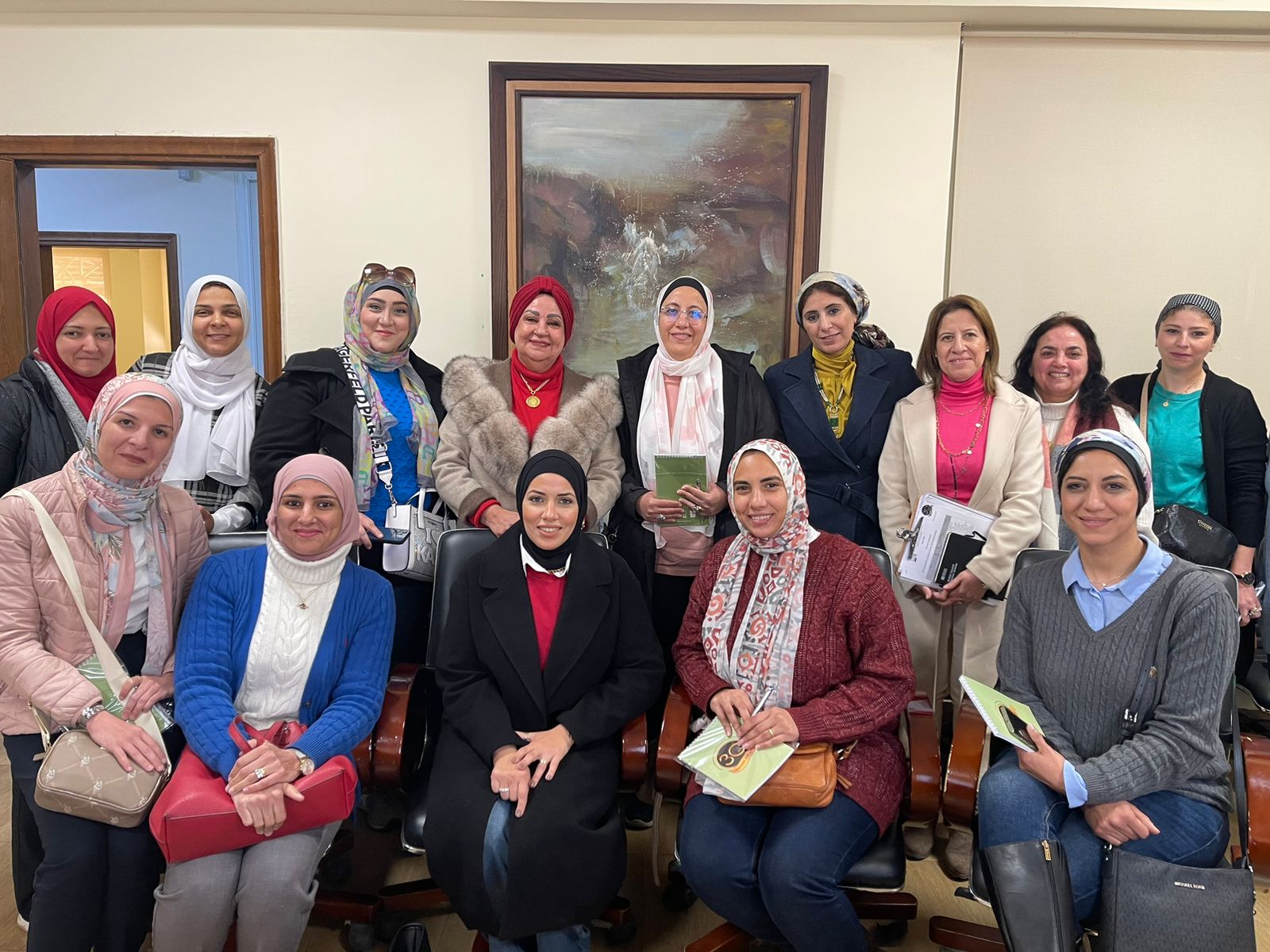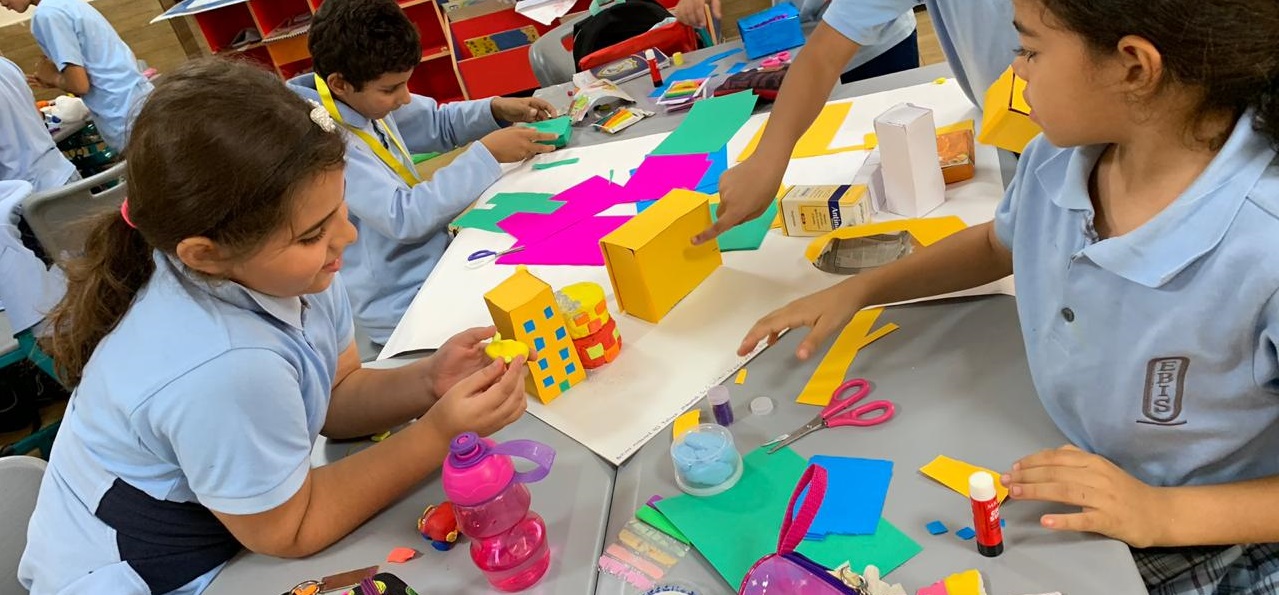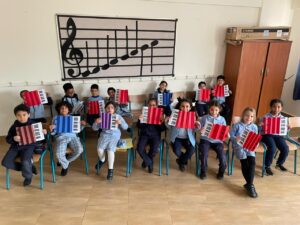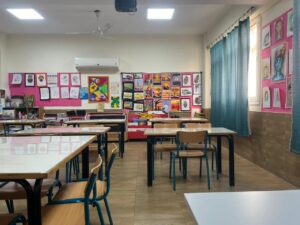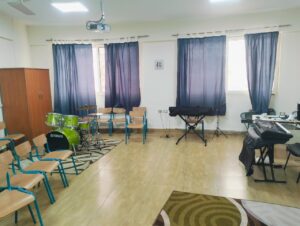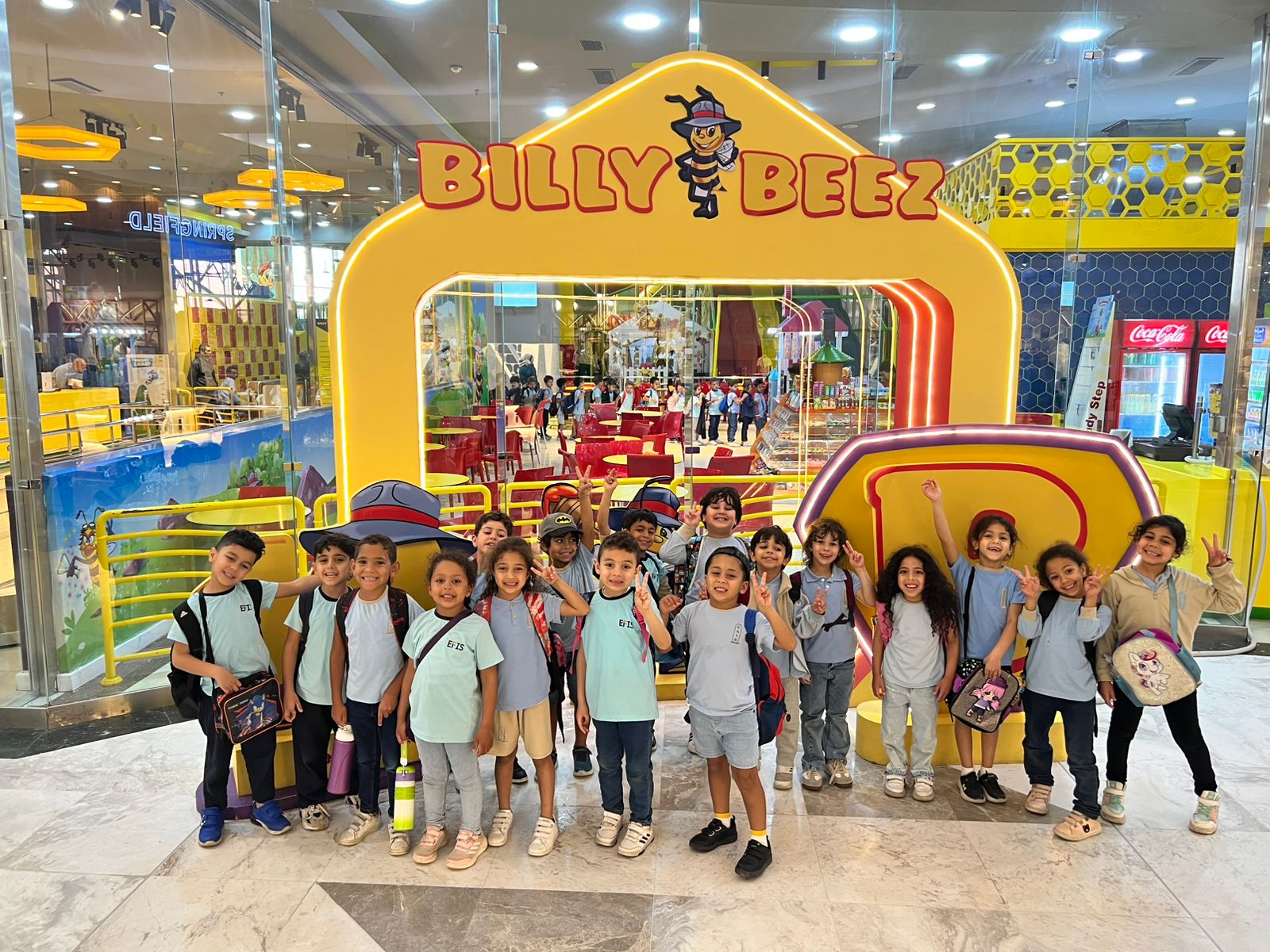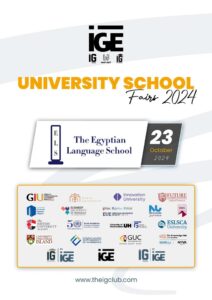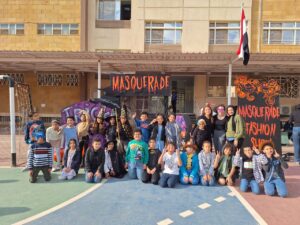Our Mission
EBIS is a center of excellence in learning & living. We instill in pupils’ high aspirations, a desire to learn and ambition to achieve in a safe supportive learning environment. We equip them with the skills needed to take on challenges and opportunities of the rapidly changing world. The school enriches pupils with essential values based on both the British and the Egyptian cultures. Our work is based on collaboration between qualified staff, involved families and community.
Values and Beliefs:
We believe in
Quality education, developing an understanding of the local, national and international environment and demonstrating respect for diversity.
The development and growth of the whole child allowing each pupil to develop academically and socially.
Independent learning, encouraging self awareness and creativity
An atmosphere of positive moral values and mutual respect
The importance of belonging
School-home partnership
We believe
All pupils should fulfill their potential, yet continually be challenged.
Each pupil should be responsible and self-disciplined.
All pupils grow and learn safely in a stress free environment.
Attendance and punctuality are a high priority.
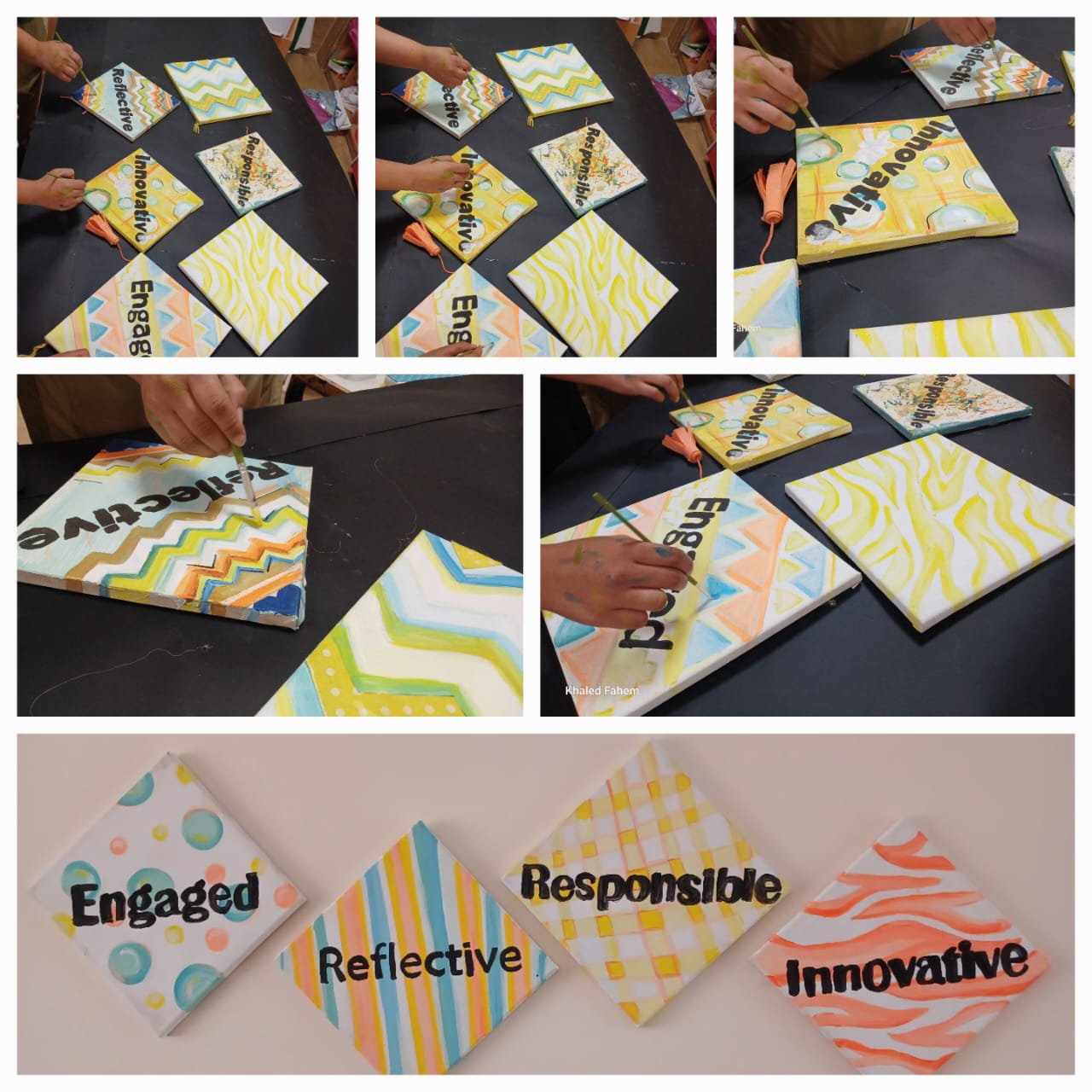
facilities
Air-conditioned facility
facilities
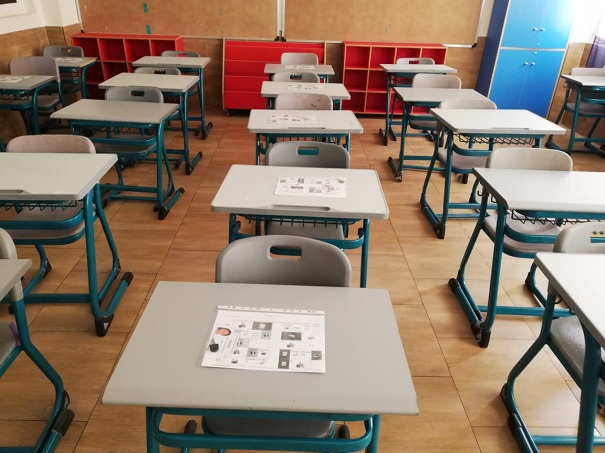
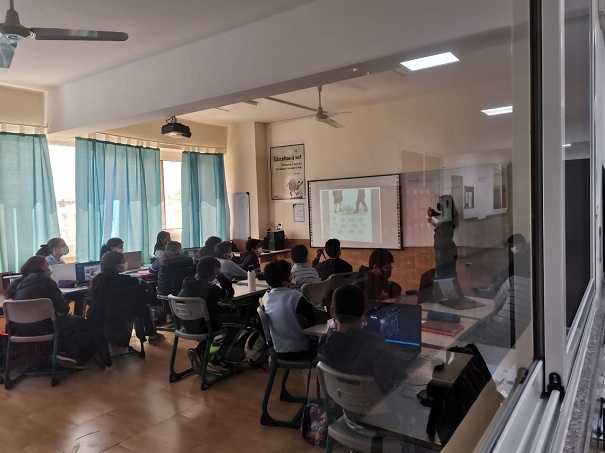
Equipped Classes
facilities

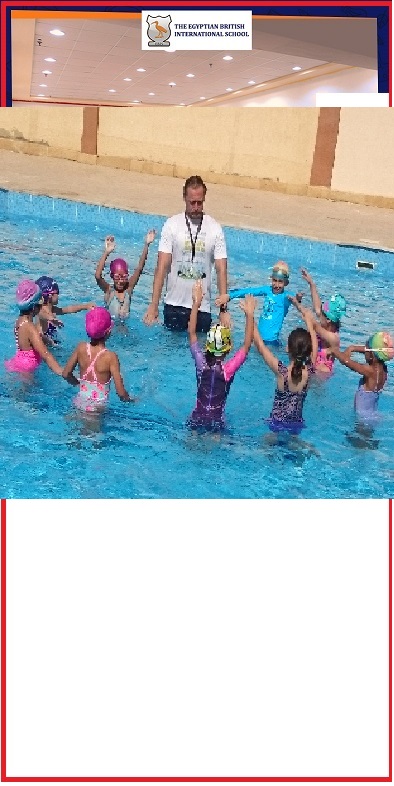
Swimming pools
facilities
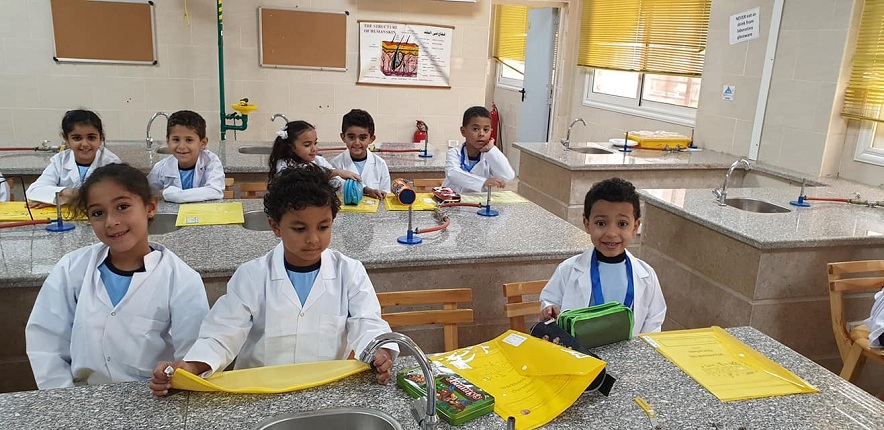
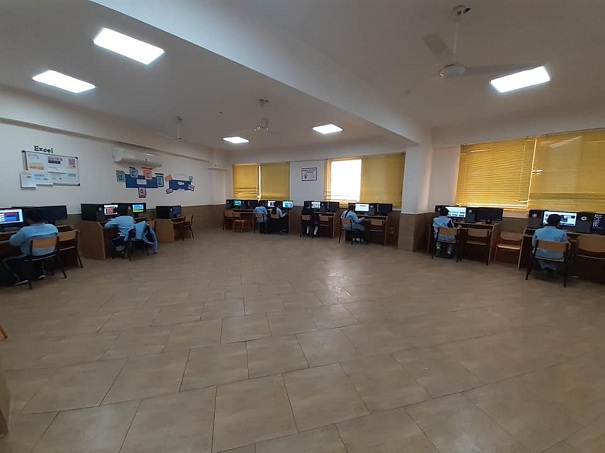
Fully equipped science Laboratories; computer laboratories
facilities
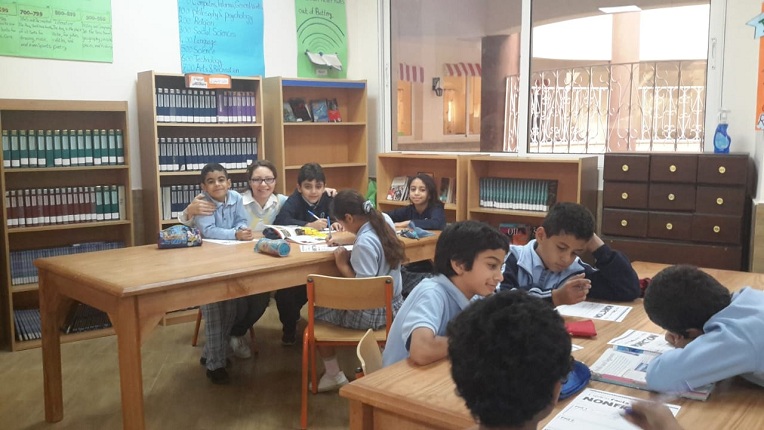

Other Facilities
- Playroom
- Theater
- Canteen/Cafeteria
- Clinic with a full time doctor and nurse
- Significant network of security cameras to monitor the school campus
- On-site maintenance and cleaning staff
- Library
- A school CMT “crisis management team” and security personnel ensure the safety, security, and wellbeing of the pupils.
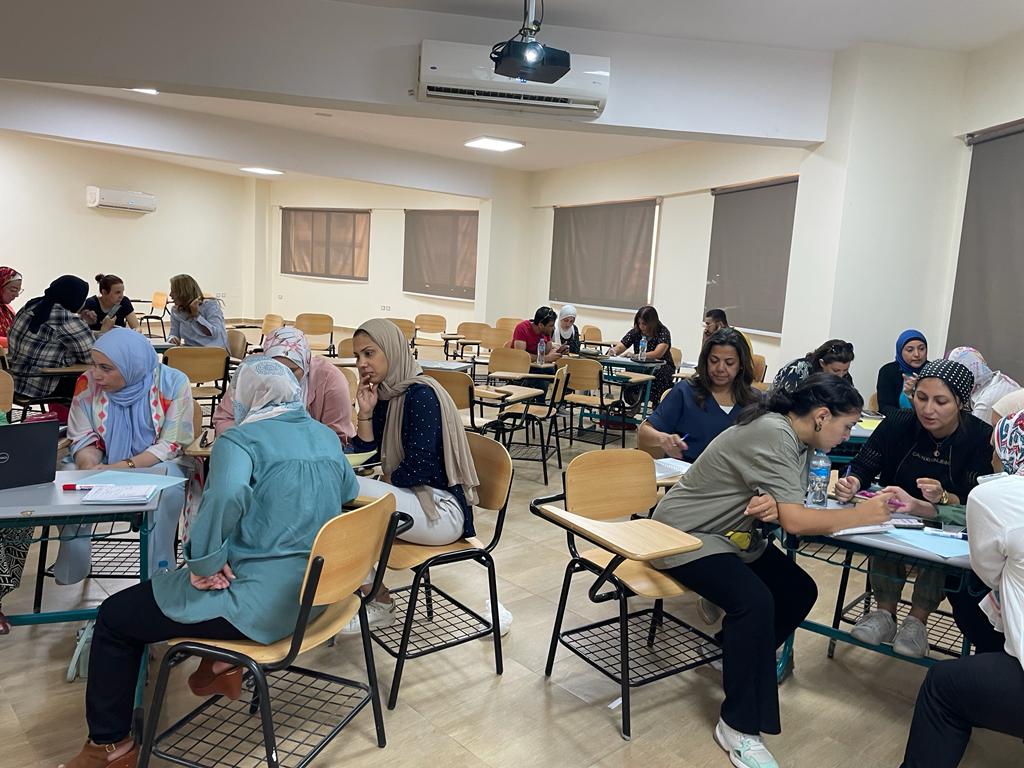
Professional Development
Professional Learning environment is of crucial importance in order for a school to become a true learning organization where staff members continually strive to be at the leading edge of knowledge about education.
EBIS professional development program aims to create an environment for learning and growth for educators and administrators that increases, enhances, and revitalizes the professional knowledge and skills of all campus personnel.
The program is committed to serving the educational needs of school members as enhancing the skills of faculty and staff will ultimately enhance the school’s abilities to meet our vision and mission. While each individual is responsible for his/her own development, EBIS is committed to providing resources and opportunities for learning.
Student Council
Discovering the leadership skills inside our pupils , start at school at this young age.They learn how to face opponents yet still need to show them respect.They persuade people to follow them.At this stage, they learn how to stand for their rights and believe in their inner power.Being part of the student council makes them work closely with the administration and be part of the decision making.
Student councils provide a representative structure through which students
can present issues of concern, and undertake initiatives of benefit to the school, and take an
active part in promoting the aims and objectives of the school.
The council includes class representatives for each class in all grade levels. This council ensures that students’ concerns are communicated with the school administration and organizes many school events.
Home School relations
Children learn best when the significant adults in their lives — parents, teachers, and other family and community members — work together to encourage and support them. This basic fact should be a guiding principle as we think about how schools should be organized and how children should be taught. Schools alone cannot address all of a child’s developmental needs: The meaningful involvement of parents and support from the community are essential.
The need for a strong partnership between schools and families to educate children may seem like common sense. In simpler times, this relationship was natural and easy to maintain. Teachers and parents were often neighbors and found many occasions to discuss a child’s progress. Children heard the same messages from teachers and parents and understood that they were expected to uphold the same standards at home and at school. We believe that home and school can accomplish more than either home or school can accomplish alone.
Ways of communication:
Ø Planner
Ø Email
Ø School phone
Ø Parents’ Conference
Ø One on one meeting
Ø Website
Pride Guide
